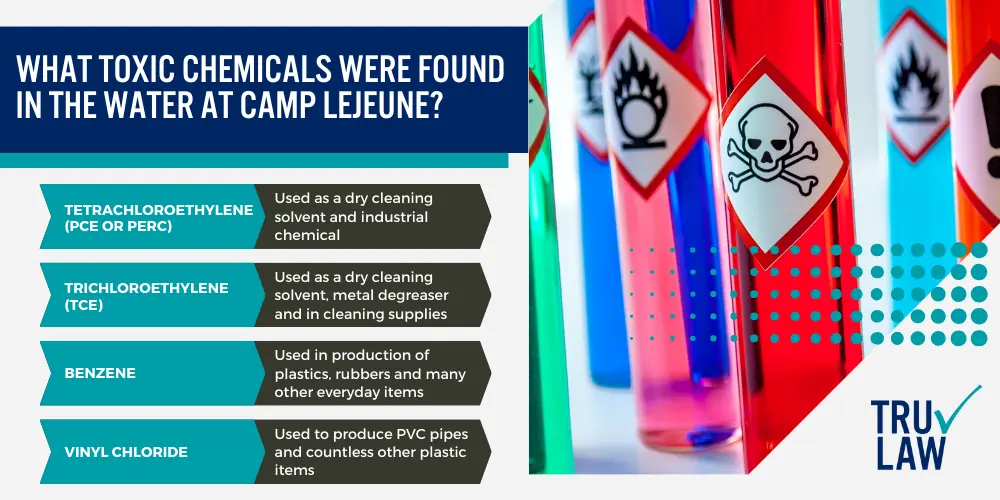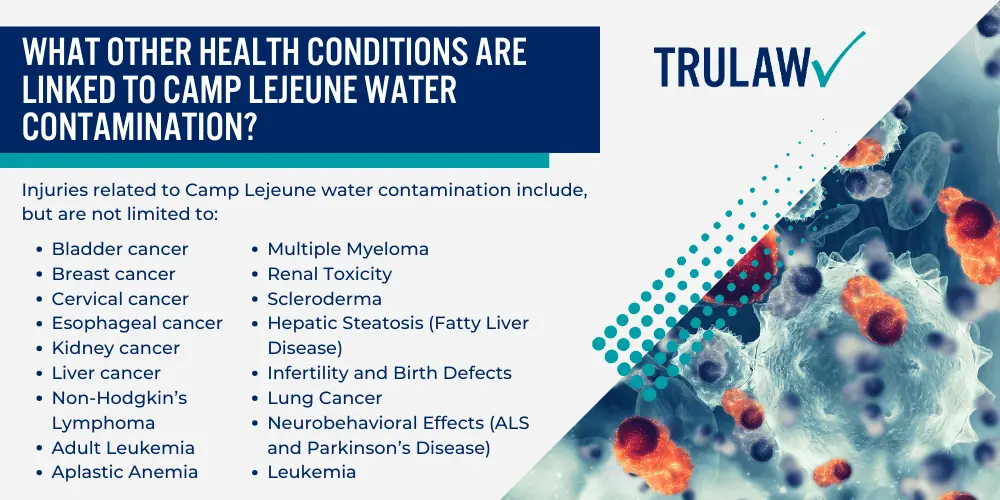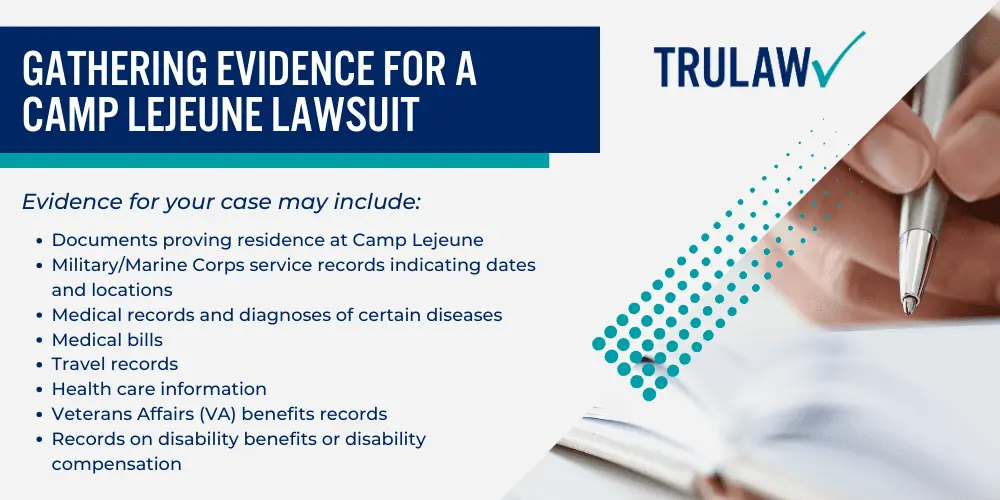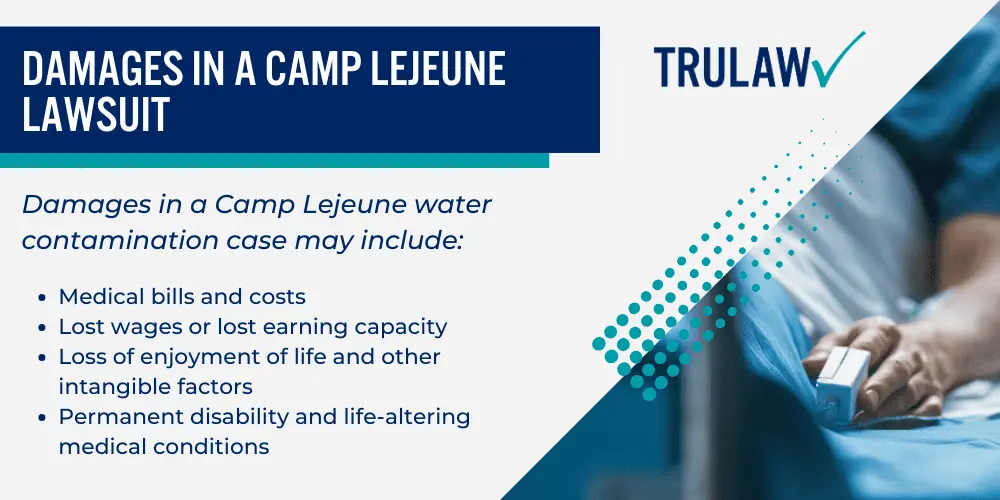Camp Lejeune’s water supply was contaminated with several toxic substances, including trichloroethylene (TCE).
Since the 1950s, TCE has been linked to an increased risk for Parkinson’s Disease.
This is noted in several scientific studies, and the ubiquitous environmental contaminant has been identified as a particular risk to public health.
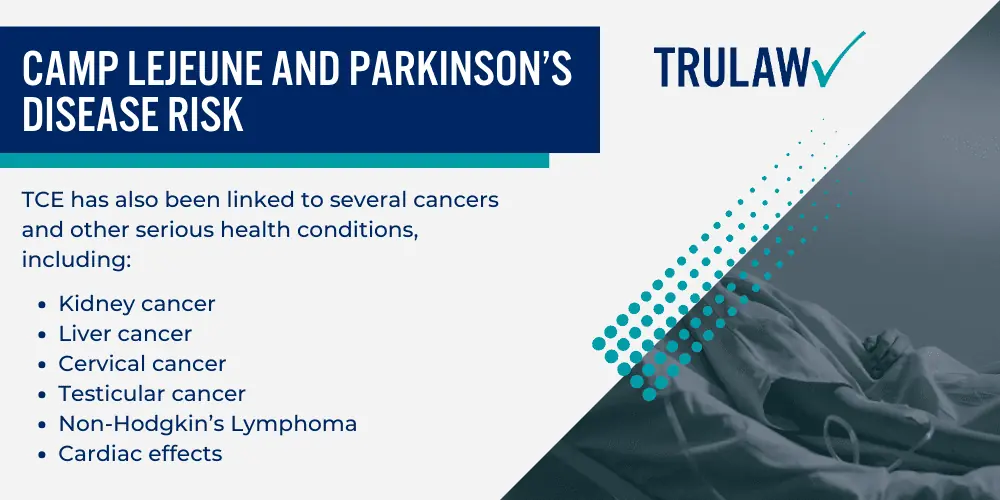
TCE has also been linked to several cancers and other serious health conditions, including:
- Kidney cancer
- Liver cancer
- Cervical cancer
- Testicular cancer
- Non-Hodgkin’s Lymphoma
- Cardiac effects
The Centers for Disease Control and Prevention (CDC) and the Environmental Protection Agency (EPA) have both labeled TCE as a carcinogenic risk.
New Study: TCE Exposure Linked to Significantly Increased Risk of Parkinson’s Disease
New scientific research has found that Camp Lejeune veterans suffer from a 70% increased risk of Parkinson’s Disease compared to veterans stationed at Camp Pendleton.
Researchers compiled health data from over 300,000 veterans stationed at Camp Lejeune between 1975 and 1985, and followed up between 1997 and 2021 to confirm Parkinson’s Disease diagnoses.
They then compared those findings to health data from veterans stationed at Camp Pendleton, CA.
The findings painted a bleak picture of the effects of water contamination at Camp Lejeune.
Those who lived or worked at Camp Lejeune in the time period identified experienced a 70% increase in the risk for Parkinson’s Disease compared to the military personnel at Camp Pendleton.
The study, published in the newest edition of JAMA Neurology, was funded by the Department of Veterans Affairs.
About Parkinson’s Disease
Parkinson’s Disease is a neurodegenerative disorder that affects the central nervous system.
It results from the gradual loss of dopamine-producing cells in the brain, leading to a deficiency of dopamine and causing symptoms such as tremors, stiffness, slowed movements, and difficulties with speech and writing.
The exact causes of Parkinson’s disease are not fully understood, but both genetic and environmental factors are believed to contribute.
Trichloroethylene (TCE), a chemical used in industrial processes like degreasing and dry cleaning, has been linked to an increased risk of Parkinson’s disease.
TCE exposure can potentially damage dopamine-producing cells in the brain, which may contribute to the development of the condition.
Parkinson’s Disease progresses slowly over time.
Initially, individuals may experience mild symptoms, such as a slight tremor or facial expression changes.
As the disease advances, symptoms worsen, affecting both sides of the body.
Tremors may spread, muscle stiffness increases, and movements become slower and more difficult.
Balancing and coordination difficulties can make everyday tasks challenging.
Additionally, non-motor symptoms like cognitive changes and mood disorders may arise.
While TCE exposure is associated with an increased risk, Parkinson’s disease is complex, influenced by various factors, and ongoing research aims to explore its causes and risk factors further.
What is TCE?
Trichloroethylene (TCE) is a chemical solvent that has been widely used in industrial processes such as degreasing metal parts, removing stains, and as a general-purpose solvent.
It is known for its excellent solvent properties and ability to dissolve various substances.
However, TCE has been associated with significant health risks and is being phased out by governmental agencies due to concerns about public health.
Exposure to TCE has been linked to various health conditions.
Occupational exposure to high levels of TCE has been associated with harmful effects on the nervous system, liver, and kidneys.
Long-term exposure to TCE has also been linked to an increased risk of certain types of cancer, including kidney cancer and non-Hodgkin lymphoma.
Additionally, studies have suggested a potential link between TCE exposure and the development of Parkinson’s disease, a neurodegenerative disorder.
In response to these health concerns, governmental agencies and regulatory bodies have taken steps to restrict and phase out the use of TCE.
Many countries have implemented regulations to reduce TCE emissions and exposure levels in workplaces.
Furthermore, several agencies, including the U.S.
Environmental Protection Agency (EPA), have classified TCE as a hazardous substance and are actively working to limit its use and find safer alternatives.
The phasing out of TCE reflects the growing recognition of its potential risks to human health.
Efforts are being made to minimize exposure to TCE and replace it with safer alternatives in industrial settings.
This proactive approach by governmental agencies aims to protect workers and the general public from the potential health hazards associated with TCE exposure.

